Grammar
How to use genders and articles in German
German has three genders: masculine, feminine and neuter. Learn how to use gender in German in this guide for students aged 11 to 14 from “óĻó“«Ć½ Bitesize.
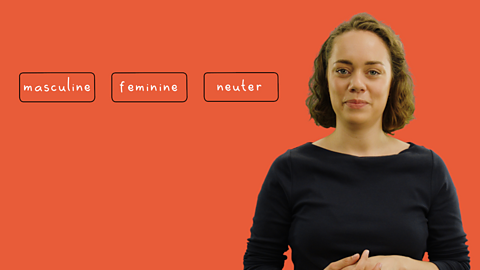
How to use the verb āto beā in German
The verb 'sein' (to be) is really useful verb. Learn how to conjugate 'sein' in German in this guide for students aged 11 to 14 from “óĻó“«Ć½ Bitesize.
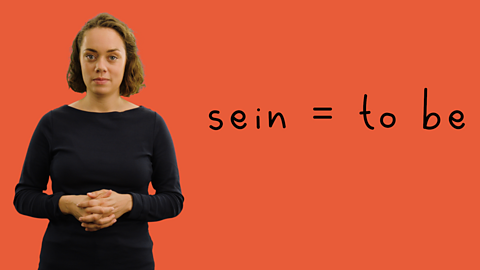
How to use the verb āto haveā in German
The verb 'haben' (to have) is really useful verb. Learn how to conjugate 'haben' in German in this guide for students aged 11 to 14 from “óĻó“«Ć½ Bitesize.
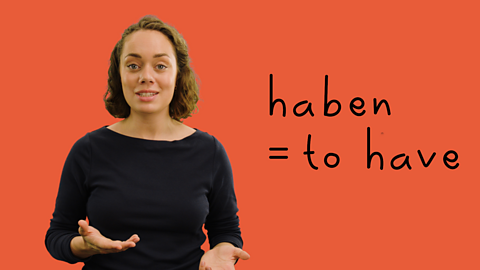
The present tense: How to talk about what you do in German
The present tense helps you talk about what you do, or are doing right now. Learn how to use the present tense in German in this guide for students aged 11 to 14 from “óĻó“«Ć½ Bitesize.
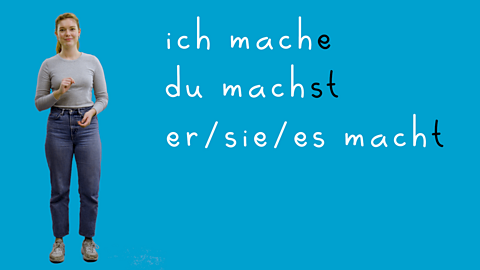
The perfect tense: How to talk about the past in German
The perfect tense is a past tense. Learn how to conjugate the perfect tense in German in this guide for students aged 11 to 14 from “óĻó“«Ć½ Bitesize.
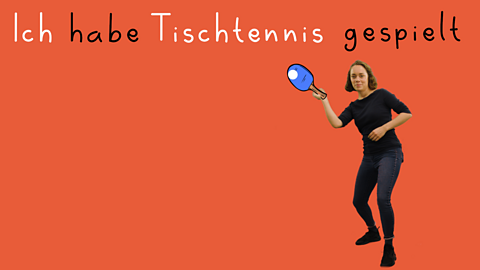
How to use the infinitive and other verbs in German
An infinitive is the base form of the verb that you find in the dictionary. Learn how to use infintives in German in this guide for students aged 11 to 14 from “óĻó“«Ć½ Bitesize.
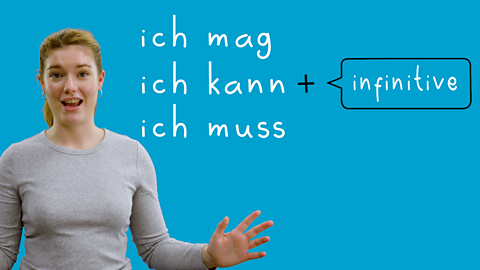
Word order in German
In German, the verb always has to be the second idea. Learn more about German word order in this guide for students aged 11 to 14 from “óĻó“«Ć½ Bitesize.
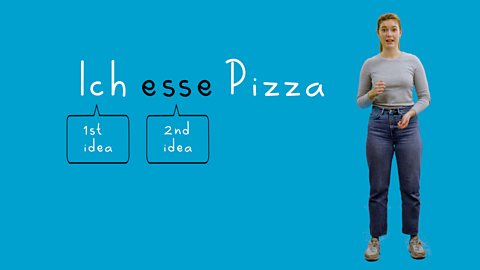
Adjectives in German
German adjectives change depending on where they are in the sentence. Learn how to use adjectives in German in this guide for students aged 11 to 14 from “óĻó“«Ć½ Bitesize.
